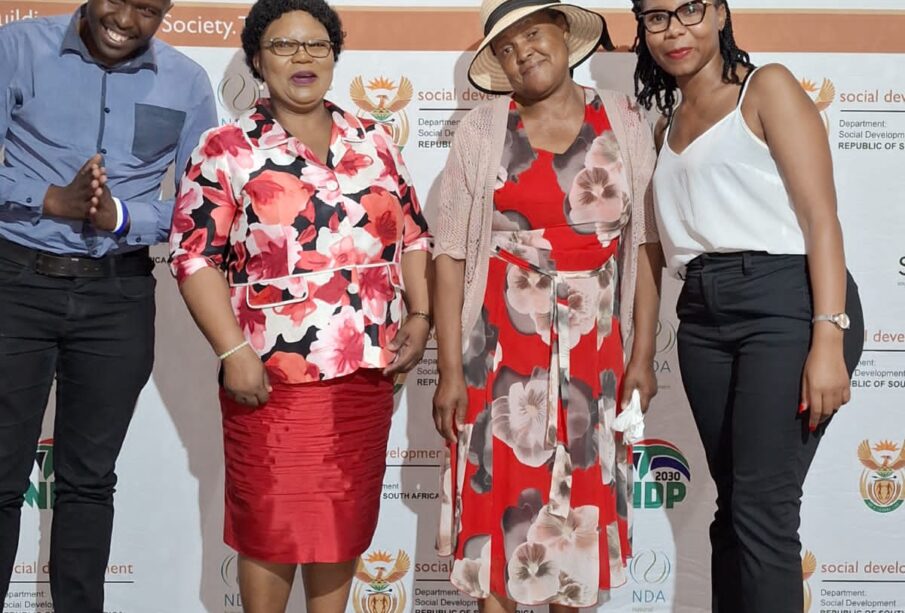DEPUTY MINISTER DR BOGOPANE-ZULU HOSTS TRAINING DIALOGUES ON DYSLEXIA AND AUTISM WITH AMAJUBA COMMUNITIES

BY SELLO TANG
“It’s a poignant and difficult experience navigating life with dyslexia, as it remains an invisible disability,” expressed Ms Masingita Maluleke (35), reflecting on her lifelong journey with the condition. From her earliest years, she faced a lack of understanding and support, leading to frustration and isolation. “People in my community, even my own family, struggled to comprehend my condition because it wasn’t easily identifiable,” she explained, shedding light on the challenge of an unseen disability.
Despite being diagnosed with dyslexia later in life, Ms Maluleke’s relatives and peers found it hard to grasp the extent of her condition, perceiving her as physically normal. “Fortunately, after receiving a diagnosis from a private doctor, I was able to access financial assistance through a disability grant,” she shared, highlighting the importance of formal recognition and support. Despite academic hurdles, she persevered, completing her studies through alternative assessments and now holds a Business Management Diploma, working in administration for the South African Weather Services.
While satisfied with her current job, Ms Maluleke believes that her higher education qualifications warrant better job opportunities. Encouraging others with dyslexia not to lose hope, she stressed the importance of dispelling stigma through hard work and achievement. She revealed that dyslexia runs in her family, underscoring its hereditary nature.
Joining Ms Maluleke in her advocacy is Mr Njabulo Mabaso, who has faced his own battles with dyslexia, including attempted suicide due to a lack of understanding and support. Expressing gratitude for overcoming his struggles, he credits individuals like Dr HendriettaBogopane-Zulu for their support. Unlike Ms Maluleke, Mr Mabaso emphasizes the importance of supportive networks in navigating life with dyslexia, founding the VelaNjabuloFoundation to advocate for individuals like himself.
Research suggests that dyslexia is the most prevalent learning disability in South Africa, affecting 3-7 percent of the population. To address this, the Department of Social Development has partnered with the Japanese International Cooperation Agency (JICA) to establish respite care centres for children with dyslexia and autism nationwide. This initiative aims to prioritize child protection and support families caring for children with disabilities.
Deputy Minister Dr Hendrietta Bogopane-Zulu highlighted the urgent need for early identification and intervention for dyslexic learners, emphasizing the importance of generating public awareness and providing support for affected individuals and their families. As the conversation around dyslexia continues, there is hope for increased awareness, support, and inclusivity for those living with the condition in South Africa.













